Cardinal Christoph Schönborn has said that Pope Francis’ summary document of the synods on the family, Amoris Laetitia, does not change the Church’s teaching but represents a development of doctrine, in continuity with previous Popes and the Church’s magisterium.
Asked by Aleteia at today’s press conference whether the entirety of John Paul II’s teaching on the pastoral care of divorced and remarried couples [in Familiaris Consortia, 84], including prohibiting Holy Communion in such cases, still stands, Cardinal Schönborn said he did not “see a change” but rather an “organic development of doctrine.”

Blessed John Henry Cardinal Newman
He said the 19th century theologian, Blessed Cardinal John Henry Newman, “explained to us how this organic development of doctrine works” and that “certainly, in this sense, Pope Francis develops things.”
The Archbishop of Vienna gave an example of how such an authentic development works by recalling how John Paul II became the first Pope in the history of the Church’s teaching to consider a husband and wife being, together, “in the image of God.”
He made the point that, for him, what was implicit in John Paul II’s 1981 apostolic exhortation on the family, Familiaris Consortio, about Holy Communion for remarried divorcees is made explicit in Amoris Laetitia. “For me, the development is that Pope Francis says it clearly, explicitly,” he said. The cardinal added that there can be both “innovation and continuity” and urged the faithful to read Pope Benedict XVI’s address on the “hermeneutic of continuity.” In that address to the Roman Curia given at Christmas 2005, Benedict spoke of the proper key to interpreting the Second Vatican Council: not as rupture with Tradition but in continuity with it.
“In this document [Amoris Laetitia], for me, there are true innovations but not ruptures,” Cardinal Schönborn said. “Just as what Pope John Paul II did with the image of God applied to man and woman was not a rupture… but a true development.”

Blessed Pope Paul VI
Despite Cardinal Schönborn’s reassurance, some believe passages contained in the document, and its use of St. Thomas Aquinas, subtly introduce changes in pastoral practice which, in time, could effectively give the appearance of a change in Church doctrine.
As an apostolic exhortation, however, the document is not intended to change, and cannot change, morality, revelation or law; but is more to do with pastoral application and practice.
Linguistic Event
Cardinal Schönborn also told reporters that, for him, Amoris Laetitia “is, first and foremost, a ‘linguistic event,’ as was Evangelii gaudium.” He said “something has changed in ecclesial discourse” and that a new language had evolved in which “the tone became richer in esteem, as if the different situations in life had simply been accepted, without being immediately judged or condemned.”

Pope St. John Paul II
He also noted less of a distinction between “regular” and “irregular” marriages and relationships. “My great joy as a result of this document resides in the fact that it coherently overcomes that artificial, superficial, clear division between ‘regular’ and ‘irregular,’ and subjects everyone to the common call of the Gospel,” he said.
“This pervasive principle of ‘inclusion’ clearly troubles some people,” some of whom think it favors relativism, he continued, but highlighted Pope Francis’ intentions for the document, quoting no. 35: to make a “more responsible and generous effort to present the reasons and motivations for choosing marriage and the family, and in this way to help men and women better to respond to the grace that God offers them.”

St. Thomas Aquinas
The document also firmly rejected any idea of same-sex marriage being in any way analogous to Christian marriage. In fact, the issue of homosexuality, which became a major point of contention in the 2014 synod, did not arise at all at the press conference.
Archbishop Joseph E. Kurtz of Louisville,
President of the United States Conference of Catholic Bishops, issued a statement, saying:
Today I joyfully welcome Amoris Laetitia (“The Joy of Love”), the much anticipated post-synodal apostolic exhortation of Pope Francis.
The Pope has given us a love letter to families — a love letter inviting all of us, and especially married couples and families, to never stop growing in love. It is also a love letter calling the Church, the family of God, to realize more and more her mission to live and love as a family.
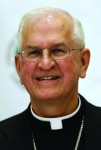
Archbishop Joseph E. Kurtz of Louisville, USA
Pope Francis is calling us to enter more deeply into the beauty of marriage and Christ’s teaching. From the opening lines of Genesis to the closing chapter of Revelation, and throughout the Gospels, God speaks eloquently to us about the joys and challenges of marriage and family life. The Holy Father is giving us an active opportunity to reflect upon how each of us can belong more deeply to Christ. The Joy of Love is inviting us to share the treasure and medicine of Jesus. The teaching of Jesus inspires us to live out God’s hope for us, and the mercy of Jesus heals and sustains us when we fall short.
Let us remember that no obstacle is too big for Christ to overcome. I encourage all to read and reflect on how the words of Pope Francis can be applied in our lives, in our families, and in our society. I am grateful once again to our Holy Father for encouraging and leading us in our call to encounter Jesus ever more deeply, especially in the great gift of family life, and to be His missionary disciples in the world.
Fr. Andrew Pinsent,
from Oxford University, offers the following reflection:
The underlying moral questions that this document prompts us to ask, I think, are, “What is sin really? Can sin ever be something definite, cutting off our communion with God?”

Fr. Andrew Pinsent
By drawing attention to marriage as an icon of the supernatural communion of God and his people (para. 70, para. 314-316; citing especially Pope Benedict XVI, Deus Caritas Est), the surprising implication that is latent in this document is that sin is not mere wrongdoing or law-breaking. Instead, sin may be better thought of as “spiritual adultery.”
But if sin is spiritual adultery, and a single act of adultery betrays a spouse (objectively as well as subjectively), so also a single serious sin can indeed cut off our communion with God. That’s the bad news. The good news, as the Holy Father tirelessly reminds us, is that Christ by his great sacrifice offers us mercy, a means of repentance, and a restoration of grace and love.
Fr. José Granados,
Vice President of the Pontifical Institute of John Paul II (Rome) where he is a professor of theology of marriage and family

Fr. José Granados
The Apostolic exhortation puts an end to a two-year synodal path. There is much anticipation about one concrete question, not certainly the one most important pastorally: the eventual admission to the Eucharist of the divorced and civilly remarried. In fact, this is a marginal question if we think of the great pastoral challenges the Church faces regarding the family: the fact that young people do not want to get married; a lack of social significance of the family; the great task of bringing Christ to the families in the new evangelization…
Does the text allow for divorced and remarried Catholics to receive Holy Communion, at least in some cases? After reading Chapter Eight (where the question is addressed) we need to conclude that this text does not change the discipline of the Church regarding the admission of divorced and civilly remarried Catholics to the Eucharist, a discipline based in doctrinal reasons, as affirmed by Familiaris Consortio 84 and Sacramentum Caritatis 29.
In fact, the text of Chapter Eight of the exhortation does not even mention the Eucharist. In this sense it is clear that Pope Francis, who has insisted on the importance of synodality in the Church, did not want to go beyond the Synod’s decisions.
At no point in the text of the document do we find something like: “In some cases the divorced and civilly remarried can be admitted to receive the Eucharist.”
This clarity would have been necessary in order to change a practice rooted in doctrinal grounds, firmly established by the constant Magisterium of the Church.
Notice also that Cardinal Kasper’s proposal for clear canonical rules that help discern in which cases admission to the sacraments would be possible has not been received in this document.
The only possible hint towards a change in discipline is found in Footnote 351, where it is said that in certain cases the Church can give to people who live in irregular situations the help of the sacraments. But it would certainly be strange to suggest that the Pope has intended to make such an important change of Church discipline in a footnote of an apostolic exhortation.
What the document proposes, then, is to start a way of integration, that allows these baptized people to live according to the Gospel.
Thus, Familiaris Consortio 84 and Sacramentum Caritatis 29 continue to indicate the pastoral way, without exception, because these norms are not a judgment on the subjective culpability of the person, but they show the goal every evangelization aims at: a way of life in accordance to the Gospel of Jesus. All this means that those who expected a revolution from the document have to be greatly disappointed.
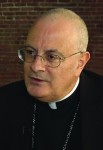
Bishop Gregory Mansour
Bishop Gregory Mansour,
Bishop of Maronite Eparchy of St. Maron, USA
It is a good read. It says what I was hoping it would on all important matters. It deserves a careful read and not an a priori opinion.

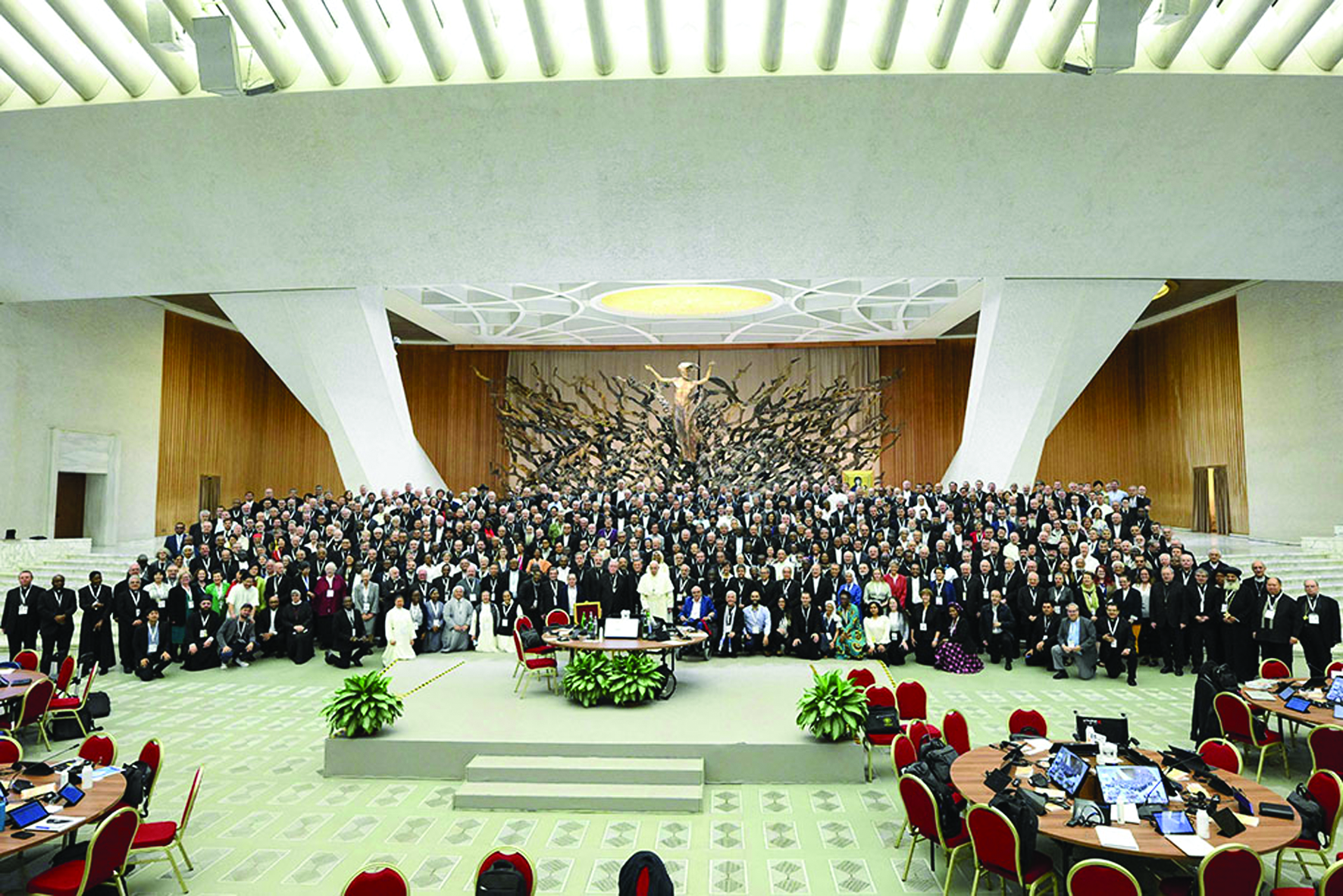
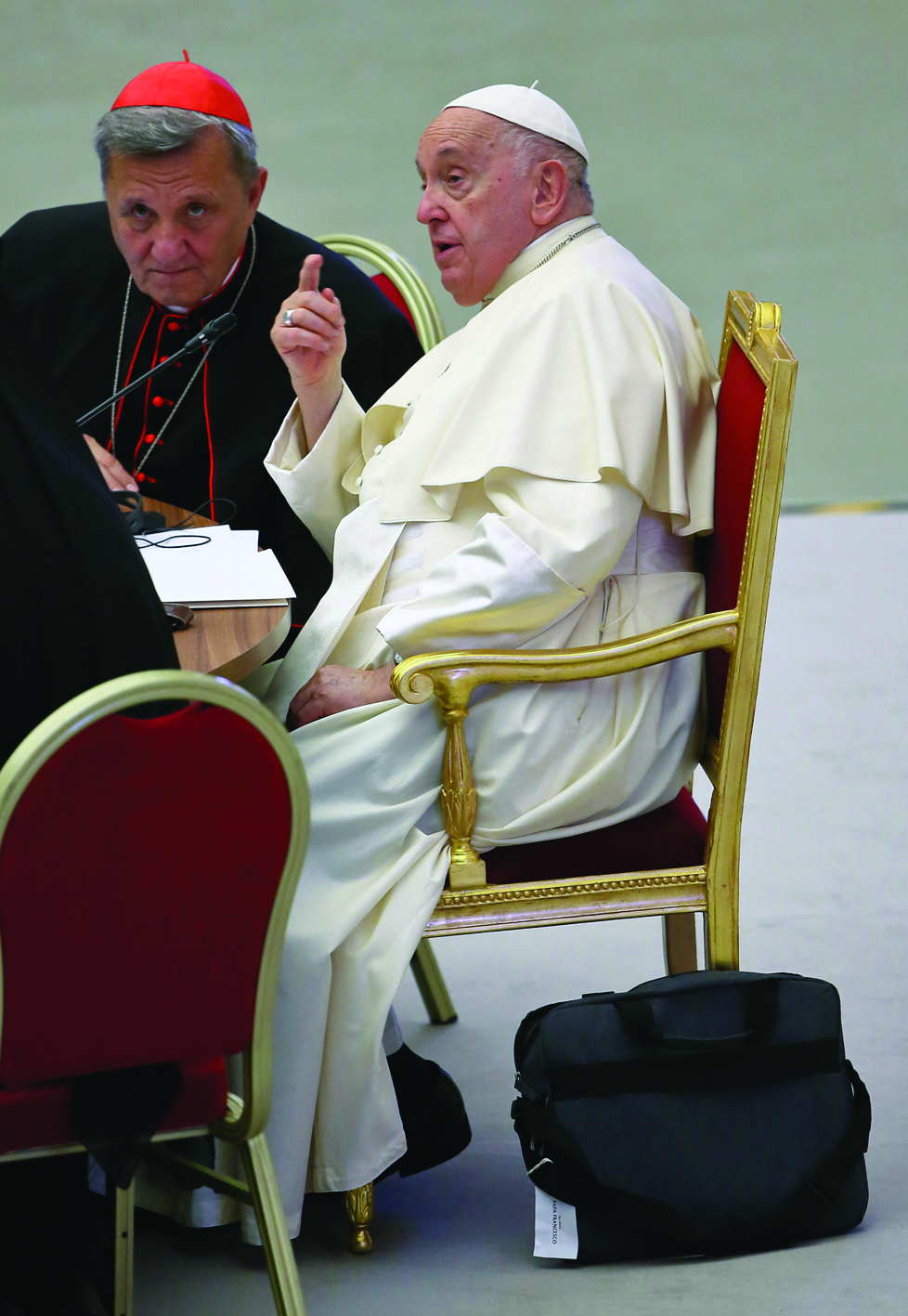
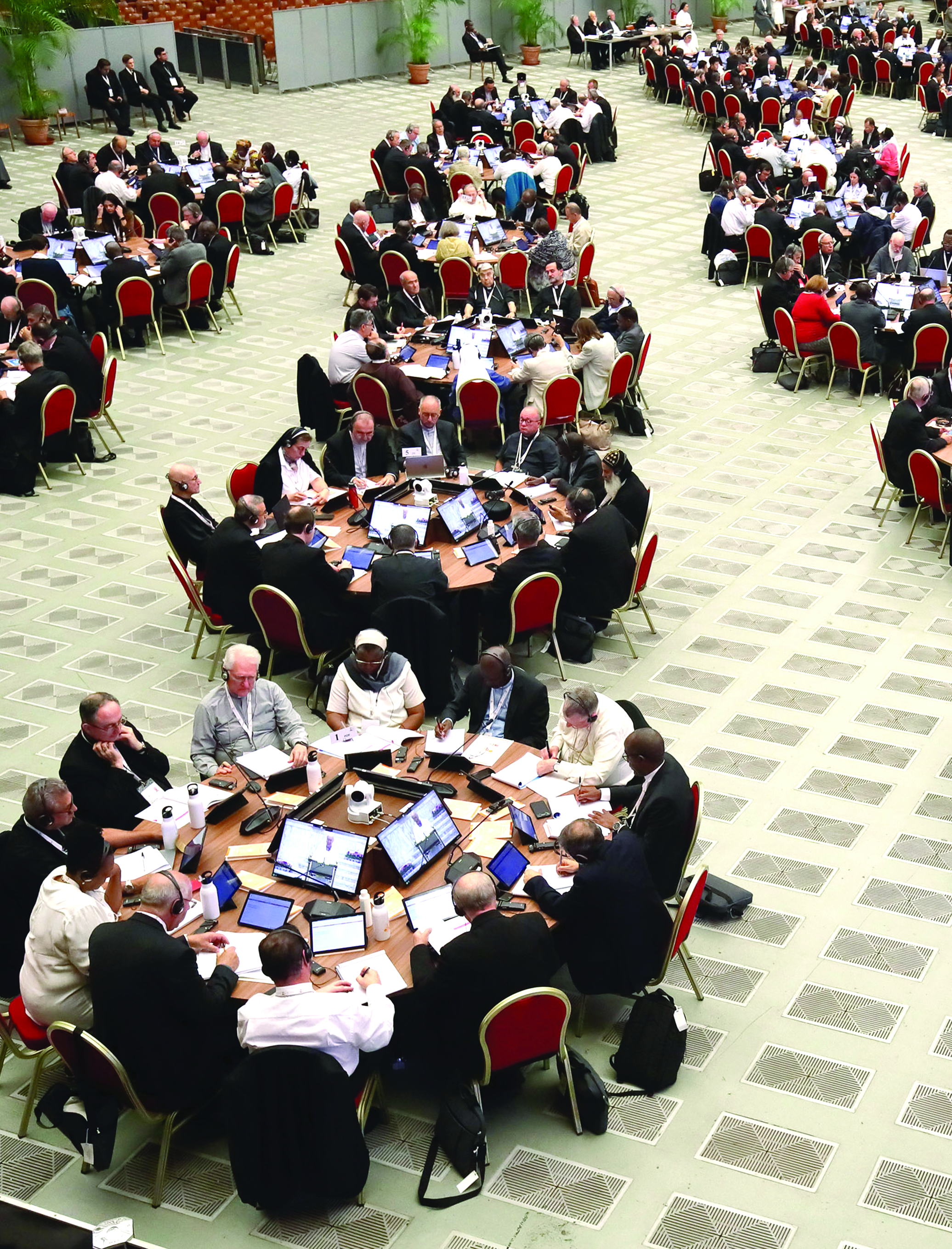
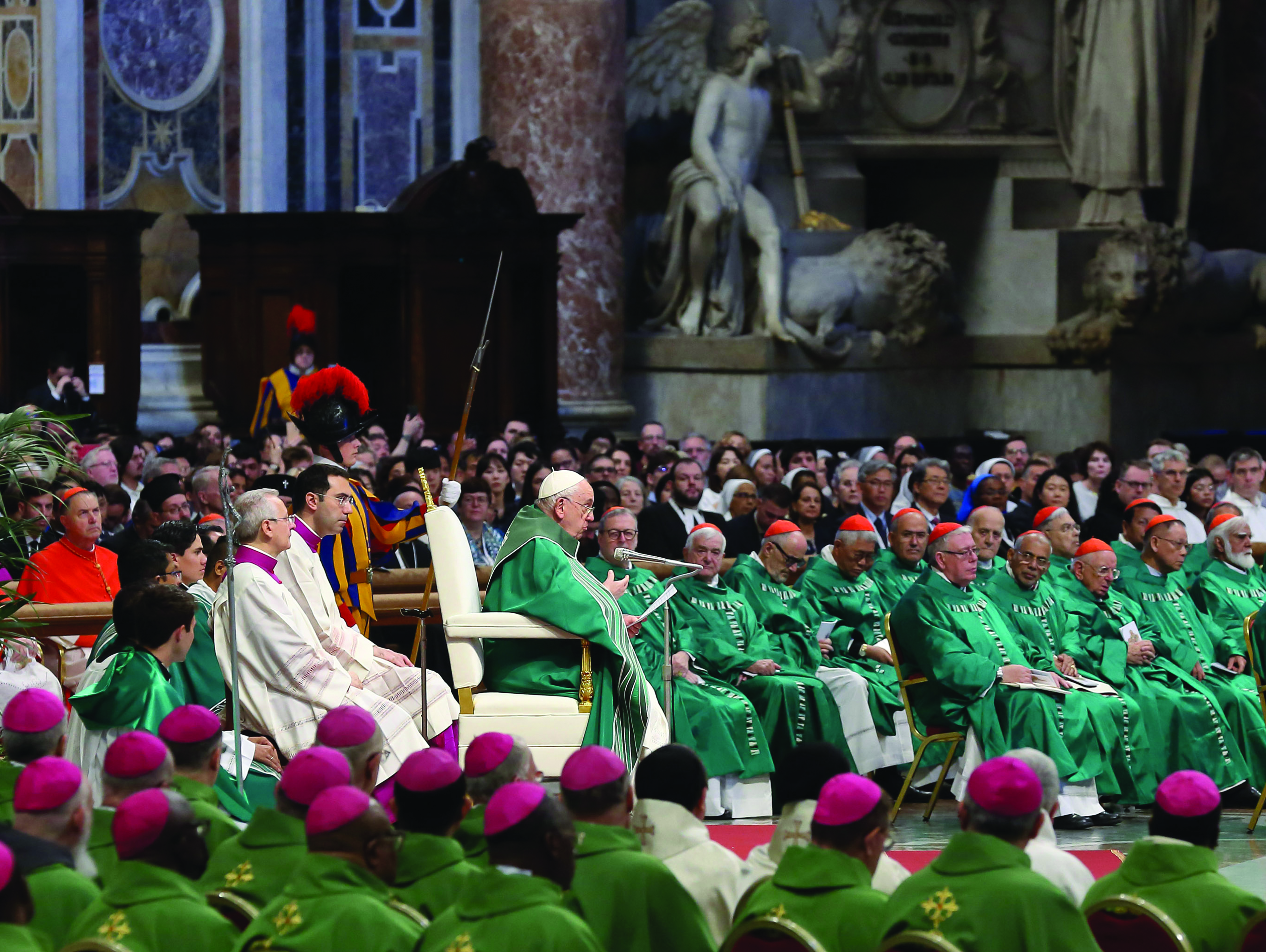
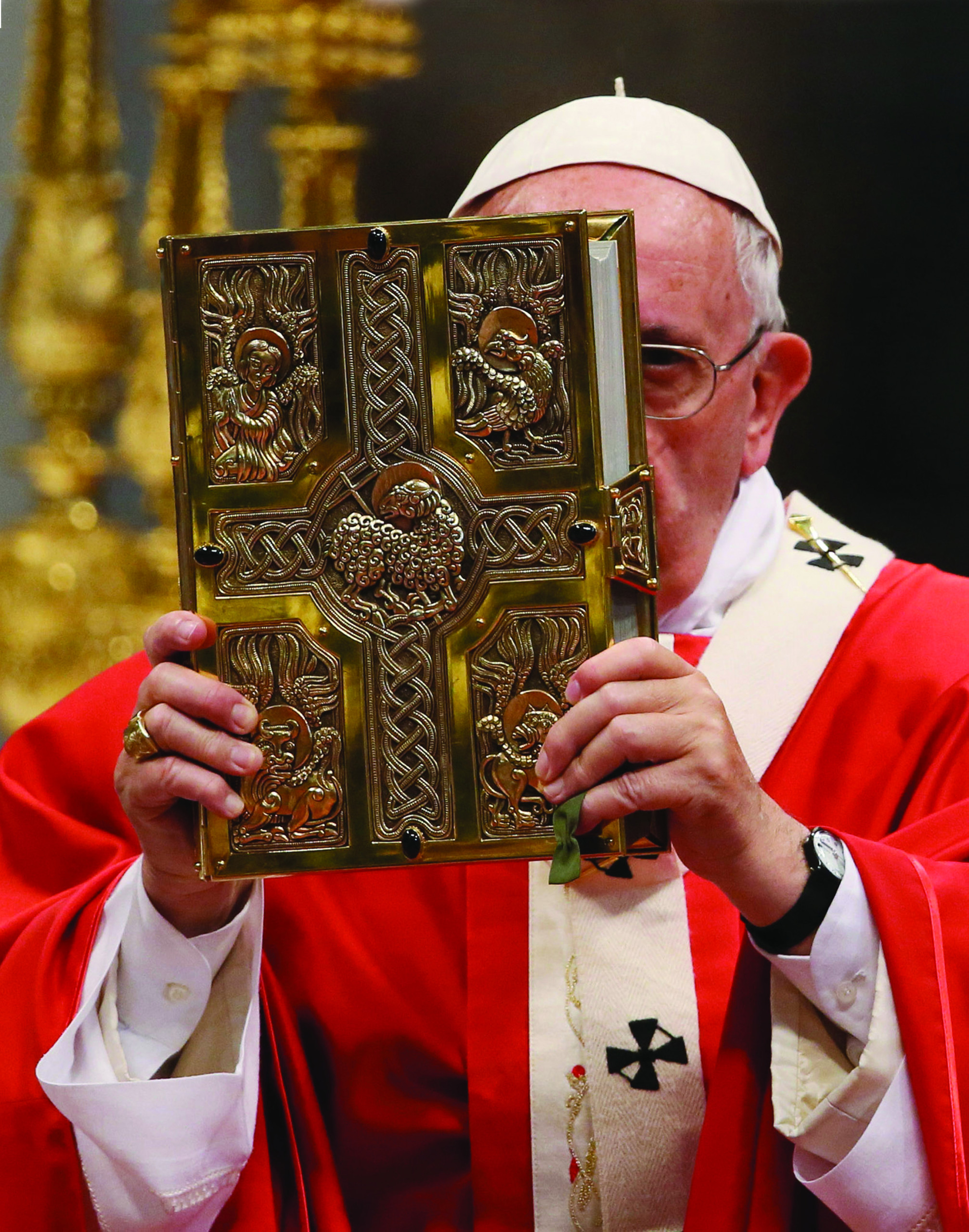
Facebook Comments